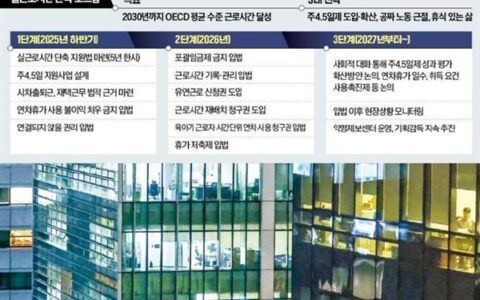“`html
10/28/2025 – 10:00 PM
SHANGHAI – Mercer, a subsidiary of Marsh McLennan (MMC) and a global consulting leader, projects that average employee salaries in China are poised for a modest increase, reaching 4.0% in 2026, a slight uptick from the 3.8% observed in 2025. This projection comes amid a complex economic landscape, where China is navigating a transition towards a more sustainable, innovation-driven growth model.
Mercer’s *Total Remuneration Survey 2026*, encompassing data from 4,000 companies across China, reveals key trends in compensation strategies. While the projected salary increase is incremental, the survey indicates a positive shift in company sentiment, with 91% of organizations planning salary adjustments in 2026, compared to 90% in the previous year. This suggests a sustained, albeit cautious, commitment to rewarding employees despite economic headwinds.
The primary drivers behind salary increases in 2026 remain consistent with previous years: individual performance, adherence to salary ranges, inflationary pressures, and the organization’s competitive positioning in the talent market. However, the survey highlights a growing trend towards incorporating flexible benefits into compensation packages. Companies are increasingly offering benefits such as life insurance (71.5%), accident insurance (96.3%), and supplemental health insurance (83.6%), reflecting a broader focus on employee well-being and talent retention in a competitive landscape.
A sectoral analysis reveals a differentiated outlook. The high-tech sector is anticipated to lead in salary growth, with a projected increase of 4.9%, signaling the premium placed on tech talent and innovation. Petroleum follows at 4.4%, with life sciences and chemicals at 4.3% and 4.2% respectively. Conversely, the consumer goods and automotive sectors are expected to experience below-average growth, with projections of 3.9% and 3.7% respectively. This divergence underscores China’s strategic priorities, with sectors driving technological advancement and industrial upgrading commanding higher salary premiums. The growth pattern mirrors China’s dedication to high-quality development, with companies placing greater emphasis on technical expertise, specialized skills, and innovative capabilities.
Regional disparities in salary growth are also evident. First-tier cities generally anticipate salary increases aligning with, or slightly exceeding, the national average, with projections ranging from 4.0% to 4.3%. Several second-tier cities, including Nanjing, Tianjin, Suzhou/Kunshan, and Changzhou, are forecasting somewhat lower growth (3.7%–3.9%), while Wuxi’s outlook mirrors the national average. These regional variations reflect the diverse economic dynamics and developmental trajectories across China’s urban centers.
According to Elley Cao, Mercer China’s Head of Career Products, the survey also indicates a softening in talent mobility. “Voluntary turnover in the first half of 2025 decreased to 3.4% from 3.9% last year, indicating softer talent mobility and a more stable labor market.” This stabilization could be attributed to increased economic uncertainty, leading employees to prioritize job security over career advancement. Cao emphasizes that “China is shifting from rapid growth to a more sustainable, innovation-led model amid deepening reforms and external uncertainty. The modest uptick in projected 2026 pay reflects cautious optimism; companies should reinforce foundations, boost resilience and agility, and align compensation and talent systems with strategic priorities to support long-term competitiveness.” This strategic alignment is crucial for navigating the evolving economic landscape and ensuring sustainable growth.
“`
Original article, Author: Jam. If you wish to reprint this article, please indicate the source:https://aicnbc.com/11765.html



